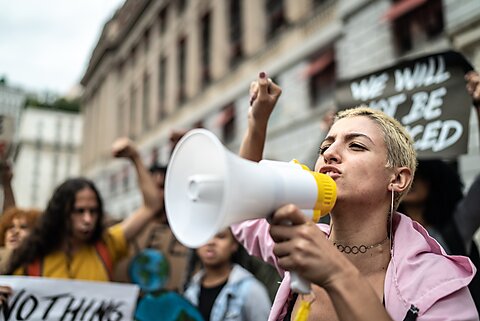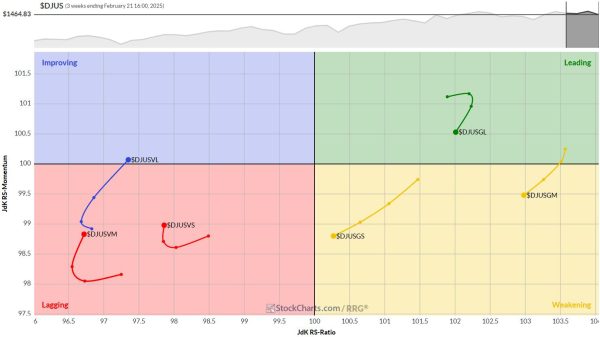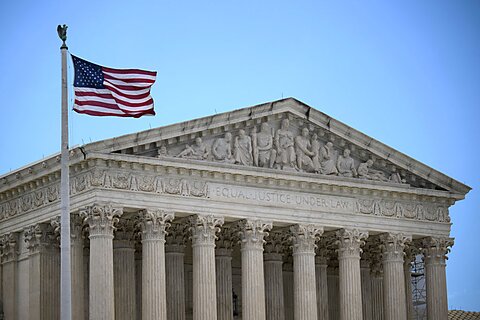Matthew Cavedon
On January 21, the Cato Institute filed an amicus brief in the case Perttu v. Richards, now pending before the Supreme Court, arguing that prisoners have a right to have a jury resolve disputes concerning their exhaustion of administrative remedies.
Cato’s brief recounts how in this case, Kyle Richards, a prisoner, filed a federal civil rights lawsuit “alleging that Petitioner Thomas Perttu, a correctional officer, committed sexual misconduct against him and other inmates—then threatened Richards and destroyed the grievances he sought to file in order to exhaust his administrative remedies.”
Richards’ claims are subject to the Prison Litigation Reform Act (PLRA), which requires inmates to exhaust prisons’ internal administrative processes before filing lawsuits. Richards alleges that he tried to exhaust these remedies, but Perttu destroyed his written grievances and threatened him against trying to file any more.
Without putting the issue to a jury, the district court determined that Richards had failed to exhaust his administrative remedies and dismissed his suit. The Sixth Circuit Court of Appeals reversed, holding that Richards is entitled to a jury trial of the disputed facts concerning his efforts to exhaust his administrative remedies. The Supreme Court granted Perttu’s petition to review the case.
Cato’s amicus brief argues that Richards and other inmates are entitled to have a jury determine disputed facts concerning administrative exhaustion, especially when those factual disputes are inseparable from the merits of an inmate’s underlying claim. The Seventh Amendment guarantees Americans the right to a truly neutral fact-finder in the form of a jury in most civil cases, including those challenging government actions.
This protection is especially important when government officials, such as the correctional officers in this case, have ready means of thwarting citizens’ efforts to pursue their claims through the courts. The Constitution assigns to juries, not judges, responsibility for resolving disputed facts in criminal cases and civil cases involving common-law causes of action (including federal civil rights claims)—and for good reason. No less than other citizens, PLRA litigants are thus entitled to have their claims decided by jurors, who are the constitutionally appointed fact-finders.
























